

World trends and the demand for joint entertainment are increasing every day and requires to be concluded in a certain form.
VR NewsWorld trends and the demand for joint entertainment are increasing every day and requires to be concluded in a certain form.

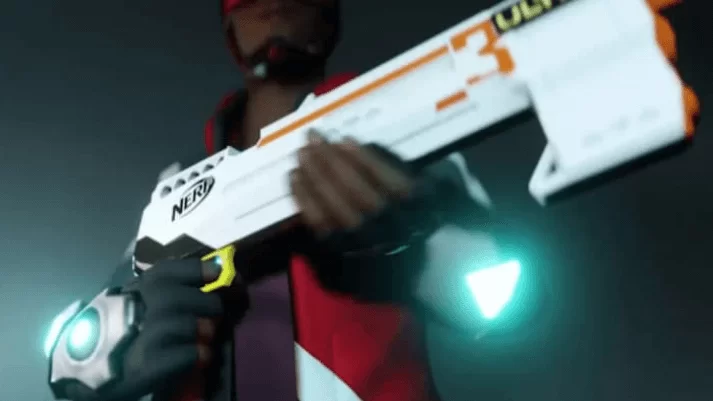
July brings some interesting events which directly affect the game market in the LB VR segment. The company Hasbro, known all over the world for its line of Nerf blasters and arms for children, has begun an active collaboration with Oculus Quest and has integrated its NERF Ultimate Championship with VR. The prerequisites for this included the purchase in 2019, as part of a larger $3.8 billion deal with a worldwide entertainment giant, of the Secret Location VR studio, as well as the active development of standalone headsets from Oculus Quest. This is not the first integration with the new VR technology, as in 2018 the company introduced the AR game for smartphones, using Nerf Laser Ops Pro blasters.
The success of standalone headsets like Oculus Quest is phenomenal and big guys like Hasbro cannot help but notice and take advantage of the growing hype. The company keeps its finger on the pulse with one goal – to take a leading position in a new field.
No doubt there will be some great developments in the future, especially given that the acquired company, Secret Location, is known for its line of high-quality VR-games, such as the shooter Blasters of the Universe (2017), «The Great C» VR adaptation of Philip K. Dick’s for the Venice festival (2018) and captivating game-puzzle Transpose (2018).
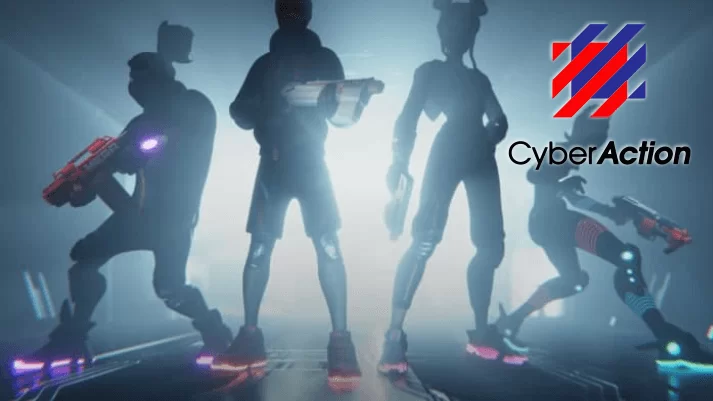
The NERF Ultimate Championship in VR will be held in 2022, where it is expected that several people will be fighting in autonomous Oculus Quest headsets, with Nerf blasters, in free roaming arenas. The championship will be held with spectators seated in the stands and cheering for the participants, with an expected livestream from the headsets to further improve the spectator experience. Last week, a Tron movie-style trailer was released with four players in neon suits preparing to battle in the arena with Nerf blasters.
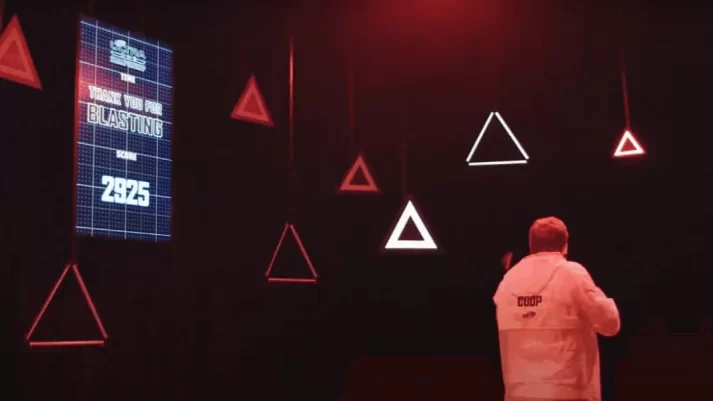
The ordinary version of a championship takes place with players shooting at illuminating triangles on the walls - first prize is $10,000 and a golden pistol from Nerf. One step across from that is the Nerf Dart Tag Championship - a more exciting competition with opposing teams playing a form of ‘Capture the Flag’ while shooting Nerf guns to eliminate their opponents. What the Secret Location studio will prepare for us is still not known, but the use of VR technology gives plenty of opportunity to implement a battle along the lines of the Dart Tag Championship. More information should become available close to the launch of the arena.
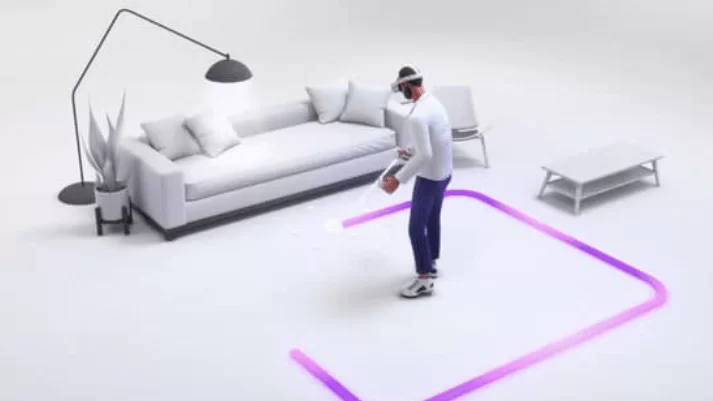
The second big news item is the appearance of the expanded capabilities following the Facebook update of V30 on Oculus Quest. The future system update makes it possible to expand the Guardian borders to 15 sqm. enabling full-fledged, Quest based, VR playgrounds to appear. These will allow you to go beyond your current space at home and, as demand for a shared session has always been higher than for the conventional mission, this will be a boon for immersion. Facebook marketeers clearly understand that social media is their core offering and, as such, shared games will be integral to their future Horizon ecosystem. Creating a virtual world from proven games, already tested and embraced by users, is a natural developmental step towards what users would like to see in a full-fledged ecosystem.
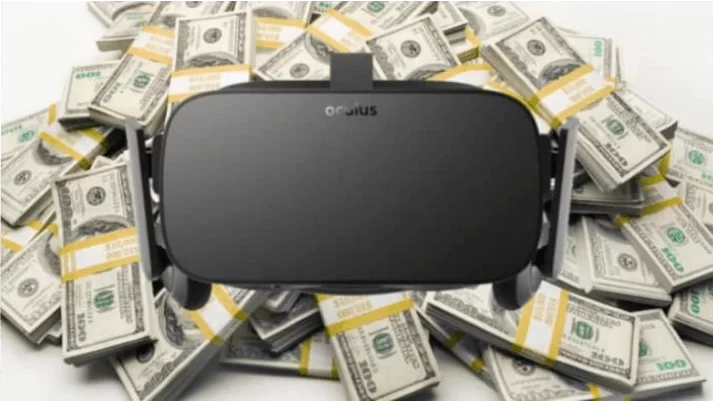
Worldwide trends show the demand for joint entertainment is increasing every day and this shows no sign of declining.
But Virtual reality needs monetisation, both for ad providers and for ordinary users, and development of this continues apace. The commercial section of Facebook, for example, has already launched testing of some types of VR-ads in the game Blaston. This will soon be extended for use in several more projects. This means that the flow of virtual money and earnings originating in the virtual sphere is inevitable. In our Cyberaction Arena we actively promote the history of competitions between clubs with prize-winning places for team members.
At present, we have 22 arenas in four countries around the world, and the motivation of our participants is the main key to the continuing growth and success of VR.
In conclusion, we firmly believe that significant investment will be entering the LB VR sphere. At present there are very few products designed for joint immersion in standalone headsets, but the market demand is growing every day and the sphere of joint immersion is a definite factor in the future monetisation for users. For studios, this is the new direction of future development, and for fans, this presents new opportunities to generate revenue in VR. In my future blogs I will continue to promote and publish the latest news on this topic.
Good luck!

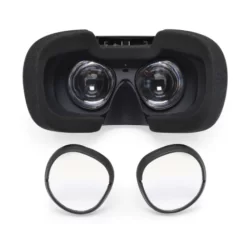



Large companies started to develop and invest in free-roam arenas